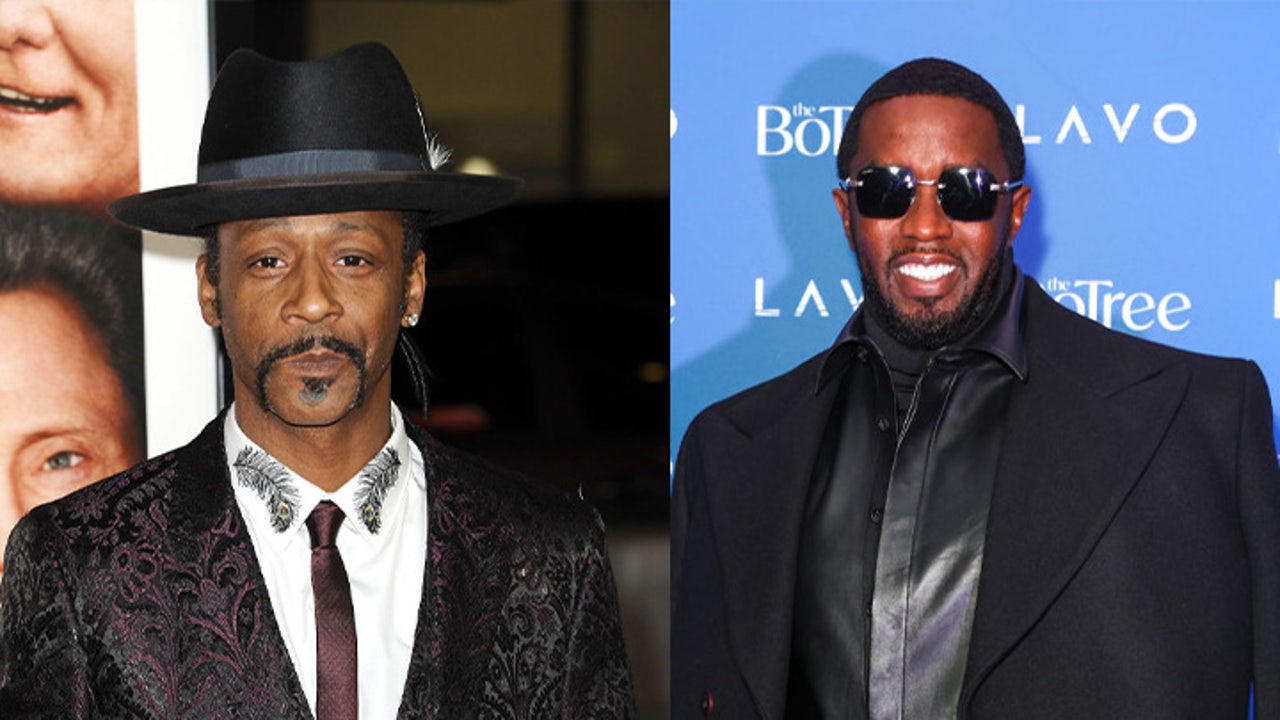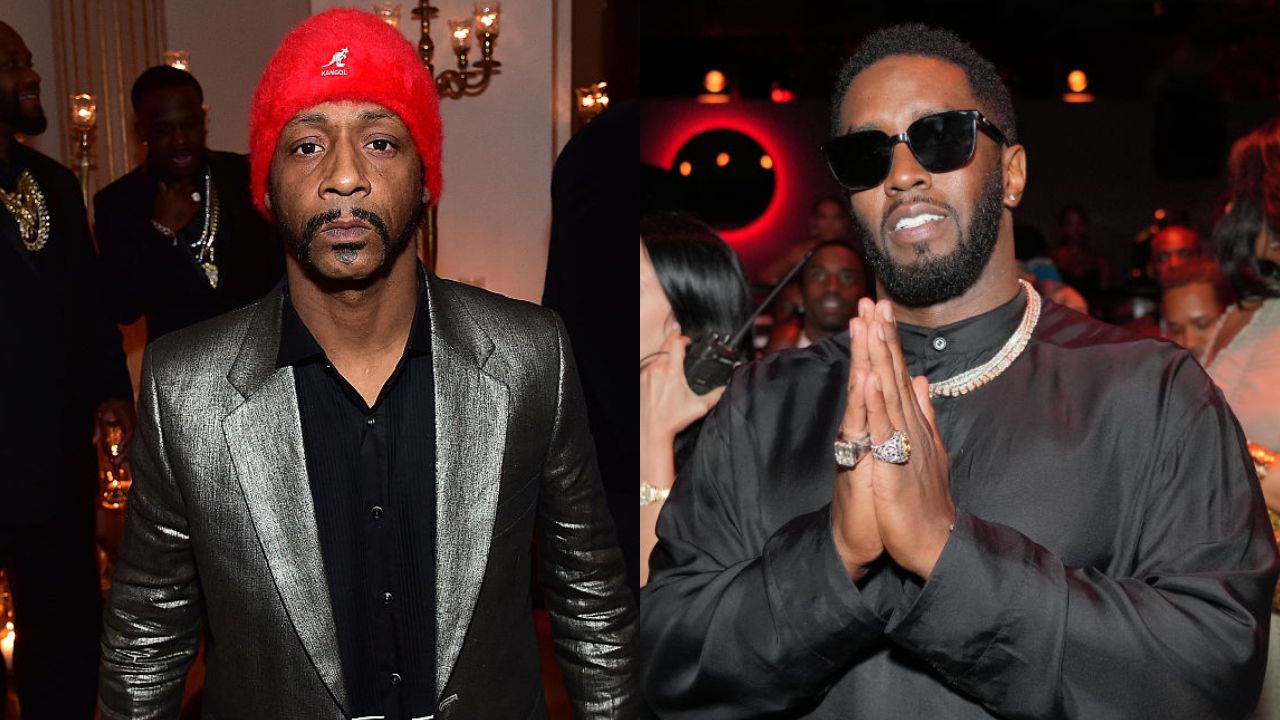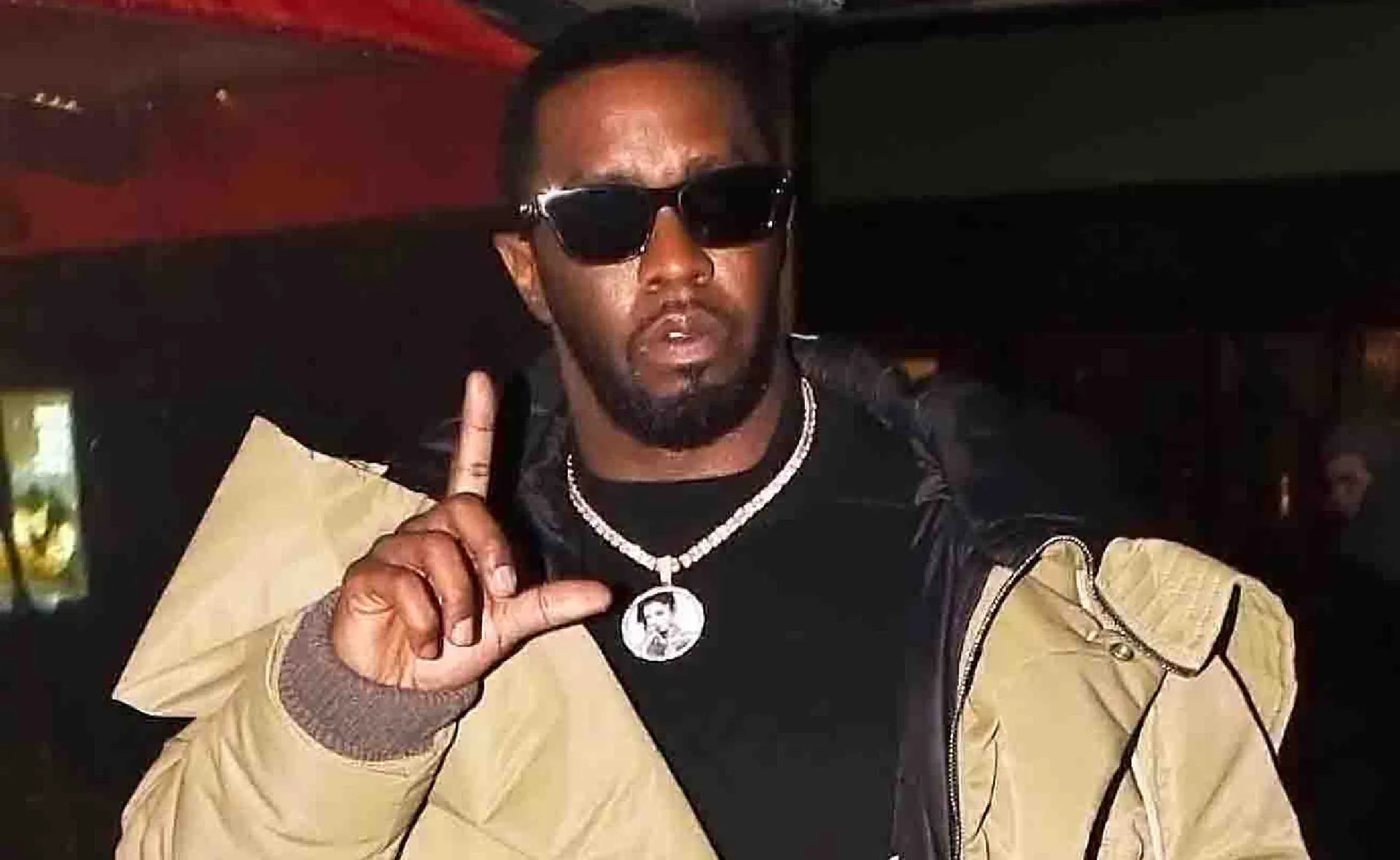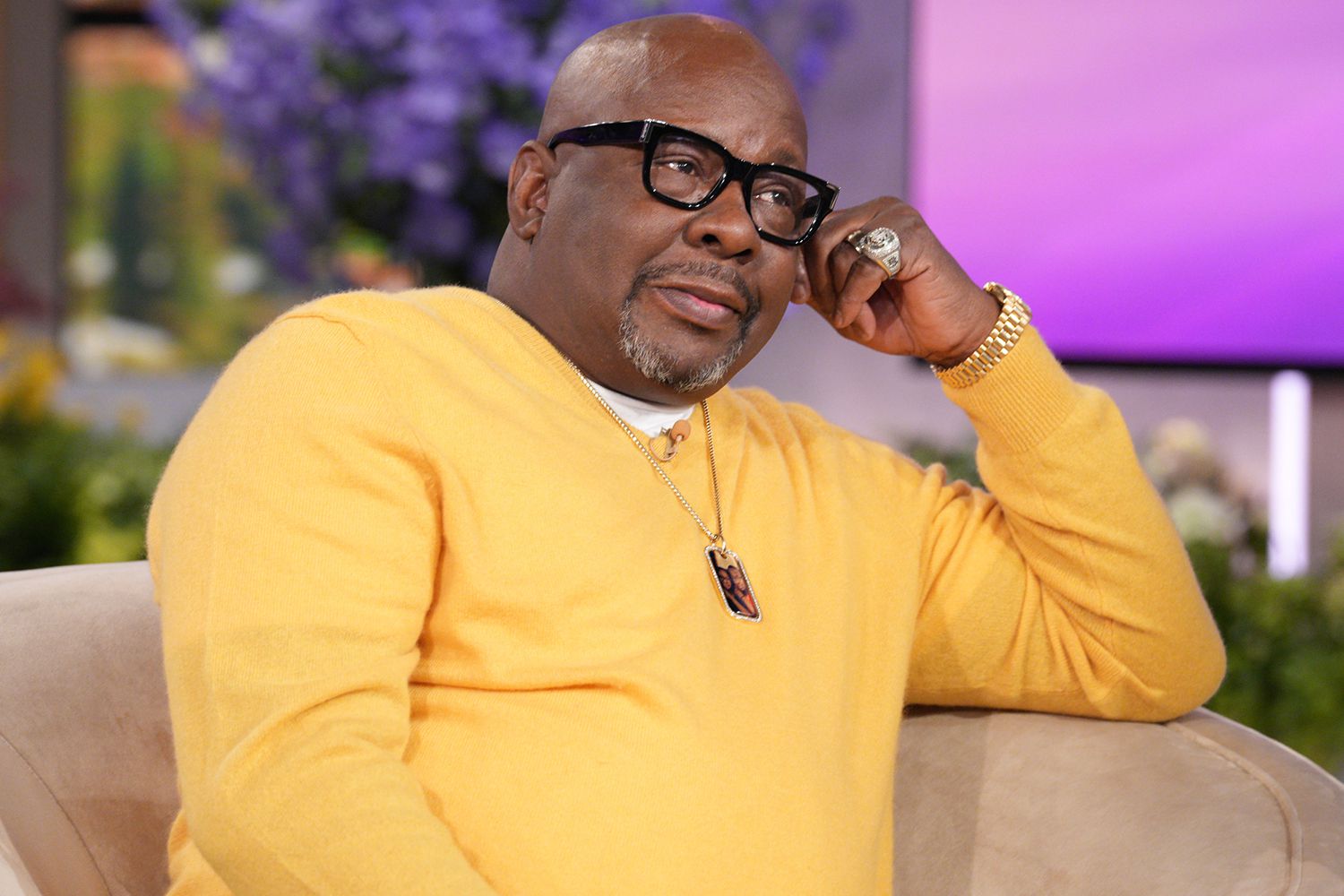A Comedian’s Prophecy: Diddy, FBI, and Hollywood Reckoning
In early January 2024, during a now‑viral appearance on Shannon Sharpe’sClub Shay Shay podcast, comedian Katt Williams issued what many now believe was prophetic“All lies will be exposed this year… it don’t matter if you Diddy … all lies will be exposed” .At the time, Williams spoke broadly about “big‑d‑*** deviants” in entertainment, predicting a reckoning in 2024. One name he specifically tied to that prediction was Sean “Diddy” Combs.

Williams further claimed he had repeatedly turned down $50 million from Diddy—four times over—to avoid compromising his personal integrity, specifically rejecting invitations to Combs’ infamous “Freak Off” parties His repeated refrain: “You gotta tell him no—I did.”
The FBI Enters the Frame—Raid, Arrest, Reflect
BySeptember 2024, federal authorities raided Diddy’s homes in Los Angeles and Miami as part of a high-profile sex trafficking and racketeering investigation. Multiple bottles of baby oil seized during the raids—some linked to alleged drug use in party settings—made headlines. Diddy’s attorneys claimed bulk purchase from Costco; Costco disputed that claim Occupying New York’s Metropolitan Detention Center, he was denied bail amid charges that include sex trafficking by force and racketeering conspiracy—all of which he has pleaded not guilty to
Williams, meanwhile, doubled down. Onstage and online, he ridiculed Diddy’s lawyers and warned his inner circle that Combs was about to snitch on everybody,” referencing an AI-generated Instagram story which superimposed Diddy onto a character fromNew Jack City to illustrate his alleged unraveling

Spotlight on the Title Claim: “Walk Free or Expose the FBI”
While no public quotes from Williams use the explicit phrase “walk free or expose the FBI,” his broader message implies this binary:
Either Diddy avoids conviction—a controversial outcome many fear could involve institutional protection—Or, in Williams’ framing, he flips—sharing knowledge that could destabilize Hollywood power structures and potentially implicate federal agents or accomplices.

Williams’ rhetoric—I’ve been collecting receipts for 30 years”, I know so many things I shouldn’t know”—suggests readiness to expose what he knows if provoked
If Diddy were to escape conviction, some interpret Williams’ tone as equating that outcome with secrets being safeguarded—for now. But if charges prevail, Williams implied that an unraveling of secrets could ripple beyond one individual and shake the entertainment ecosystem.

Clues, “Receipts,” and Accusations of Coercion
Williams says he possesses “receipts”—evidence or witnesses—that support his claims. While he has not publicly disclosed detailed documentation, he has repeatedly referenced his refusal to participate in Diddy’s alleged offerings, outperforming monetary temptation for moral preservation

Community discussion on Reddit underscores the idea that Williams was seen as ahead of the curve:
“All lies will be exposed… I know so many things I shouldn’t know” was how he put it, and he “got the receipts”
Another user reflected:
How long until Diddy commits suicide… The FBI will ‘lose the footage’”
These comments reflect both belief in Williams’ revelations and broader conspiracy-minded fears around Diddy’s potential fallout.

The Hollywood Power Structure in the Crosshairs
Williams’ broader philosophy rejects Hollywood’s power hierarchy. At theVulture Festival in November 2024, he said that if he ever attended a Diddy party, it would be only to document and expose who was there and what they were getting out of it .>He positioned himself as anti-establishment: Even if I’m at the Diddy party, I’m there to tell… I’m there to see, who the f‑‑‑ is in here?”

>In conversation with Carmelo Anthony, Williams addressed the industry’s hypocrisy and his role in bringing truth, not drama, to the surface. His Club Shay Shay interview had generated over 83 million views, sparking conversations beyond Diddy—touching figures like Steve Harvey, Kevin Hart, and Ludacris .

Potential Fallout: What Happens Next?
A. If Diddy Is Convicted
Williams’ prediction that “all lies will be exposed” would seem validated.
He could claim vindication and possibly expand his platform as a whistleblower‑comedian.

B. If Diddy Walks Free or Settles
Williams or his supporters might argue that powerful forces—including potentially government actors—protected his client.
That scenario fuels the notion that Diddy either walks free,” or in Williams’ worldview, may be coerced into exposing deeper corruption.

C. Broader Hollywood Reckoning
Williams’ narrative suggests this is not just about Diddy—but about systemic exploitation in the music and entertainment industries.
If credible witnesses or documents emerge, a wave of indictments—or at least public scandal—could follow.

Expert Perspectives & Cultural Significance
Legal analysts note that walking free in a case hinged on complex trafficking evidence would be rare—and likely viewed as suspicious or politically influenced. At the same time, Hollywood insiders and conspiracy forums echo Williams’ skepticism about elite immunity.

Media psychologists see Williams’ role as emblematic of a new era in comedy as truth‑telling: comedy as cultural testimony. He positions himself as a repository of secrets—and willing to speak out under threat.

Ethical and Cultural Questions Raised
Is Williams pushing a real threat or symbolic bravado? His rhetoric borders on theatrical—but the resurfacing of commentary after Diddy’s arrest has shifted many fans to treat him as a credible forecaster.
What does “exposing secrets” really mean? Will Williams unmask individuals beyond Diddy—associates, hosts, industry executives? He has hinted at revealing Hollywood cabals .
Can comedy coexist with accountability? Williams embodies a genre where blunt assessments of Hollywood are entertaining—but the implications could be deeply consequential.
Conclusion: Allegiance or Apocalypse?
Katt Williams’ narrative is built around a distinct choice:Diddy either avoids prison—but likely at the cost of silence—or falls, and triggers broader revelations whether to protect himself or expose larger corruption. Williams backs his statements with claims of integrity, foresight, and hard-won evidence—or “receipts.”
Whether Diddy ultimately walks free or is convicted, Williams’ act of pointing the finger—and refusing to feast with those he despises—makes clear that he sees himself at odds with the Hollywood power structure. If Diddy does avoid punishment, Williams may be heard even louder. If he is found guilty, the prophecy is complete—and Hollywood’s darkest corners may no longer remain hidden.




